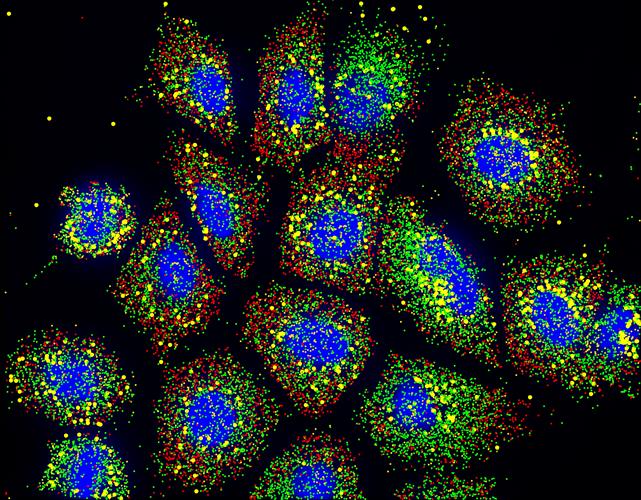February 22, 2021 -- Resolve Biosciences has established collaborations in Europe to use its Molecular Cartography subcellular spatial analysis technology to address challenges in COVID-19 pathology, neurology, and developmental biology research.
The Molecular Cartography platform uses the company's proprietary, highly multiplexed, single-molecule detection technology to provide high-resolution views of subcellular transcriptomic activity. The platform is highly sensitive and specific to help researchers elucidate complex cellular transcriptional landscapes. Deep contextual data can provide insight into molecular interactions at subcellular resolution while preserving the sample tissue for future analysis, according to the company.

At the Medical University of Graz, researchers are using the platform to study the molecular pathology behind SARS-CoV-2 infection and the subsequent inflammatory response on the messenger RNA level that leads to severe disease. The team analyzed over 80 genes in infected and noninfected cells to explore how cells react to changes in gene expression upon viral infection, analyze the exact position of transcripts within cells, and investigate how the antiviral host response can trigger tissue damage.
At the MRC Laboratory of Molecular Biology, a team is applying the system to study brain organoids to determine the spatial logic of neural tissue development. And a team from the University College London is using the Molecular Cartography technology to better understand how a healthy retina develops and changes with advancing age using a zebrafish model.
Copyright © 2021 scienceboard.net






